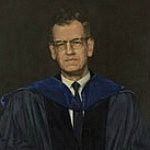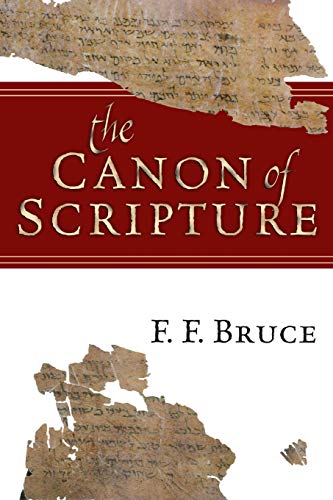Quotes about Bible-Apocrypha
The writings of the Apocrypha should not be regarded as part of Scripture: 1. they do not claim for themselves the same kind of authority as the Old Testament writings; 2. they were not regarded as God’s words by the Jewish people from whom they originated; 3. they were not considered to be Scripture by Jesus or the New Testament authors; and 4. they contain teachings inconsistent with the rest of the Bible. We must conclude that they are merely human words, not God-breathed words like the words of Scripture. They do have value for historical and linguistic research, and they contain a number of helpful stories about the courage and faith of many Jews during the period after the Old Testament ends, but they have never been part of the Old Testament canon, and they should not be thought of as part of the Bible. Therefore, they have no binding authority for the thought or life of Christians today.
Biblicaltraining.org, www.biblicaltraining.org/library/canon-scripture-wayne-grudem#sthash.akyA4tL7.dpuf. Used by Permission.
[What about the books in the Apocrypha?] There are no marks in these books which would attest a divine origin…both Judith and Tobit contain historical, chronological and geographical errors. The books justify falsehood and deception and make salvation to depend upon works of merit… Ecclesiasticus and the Wisdom of Solomon inculcate a morality based upon expediency. Wisdom teaches the creation of the world out of pre-existent matter (Wisd. 11.17). Ecclesiasticus teaches that the giving of alms makes atonement for sin (Ecc. 3.30). In Baruch it is said that God hears the prayers of the dead (Bar. 3.4), and in I Maccabees there are historical and geographical errors.


